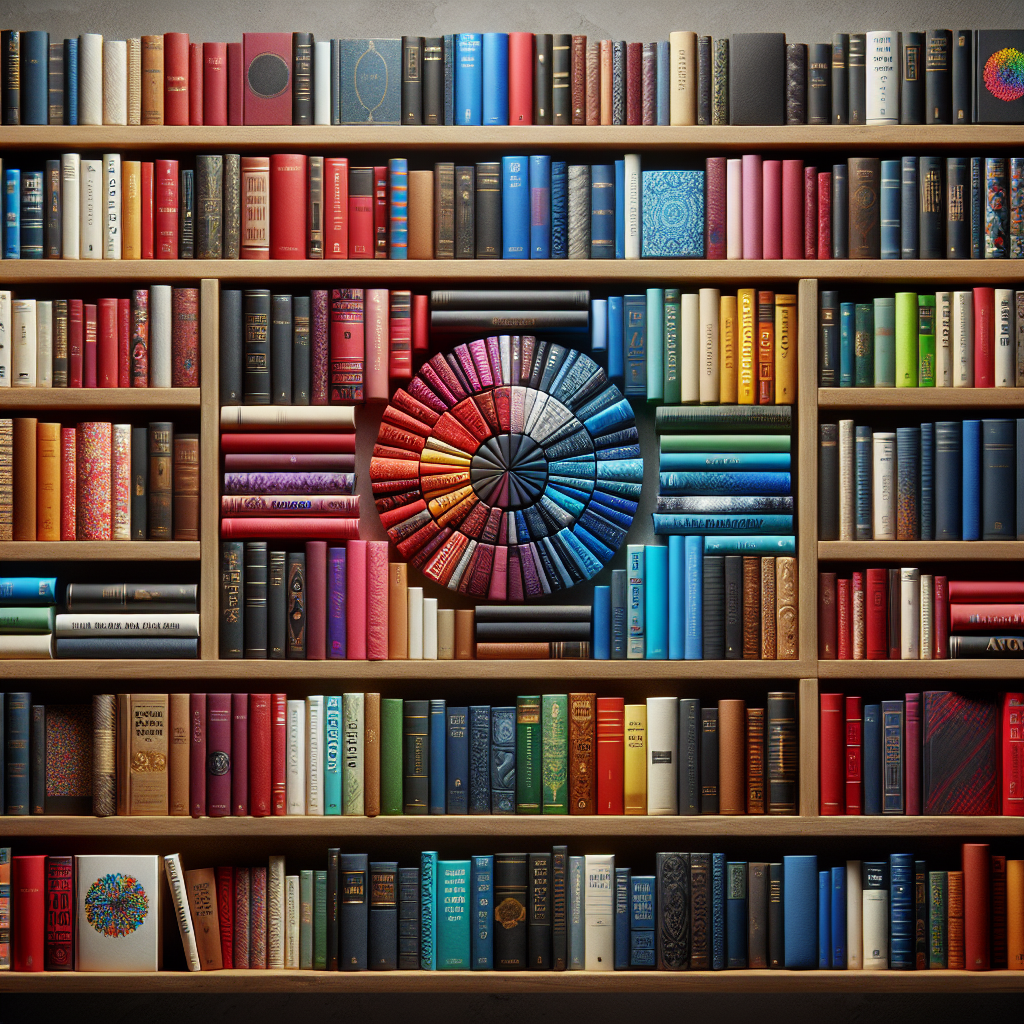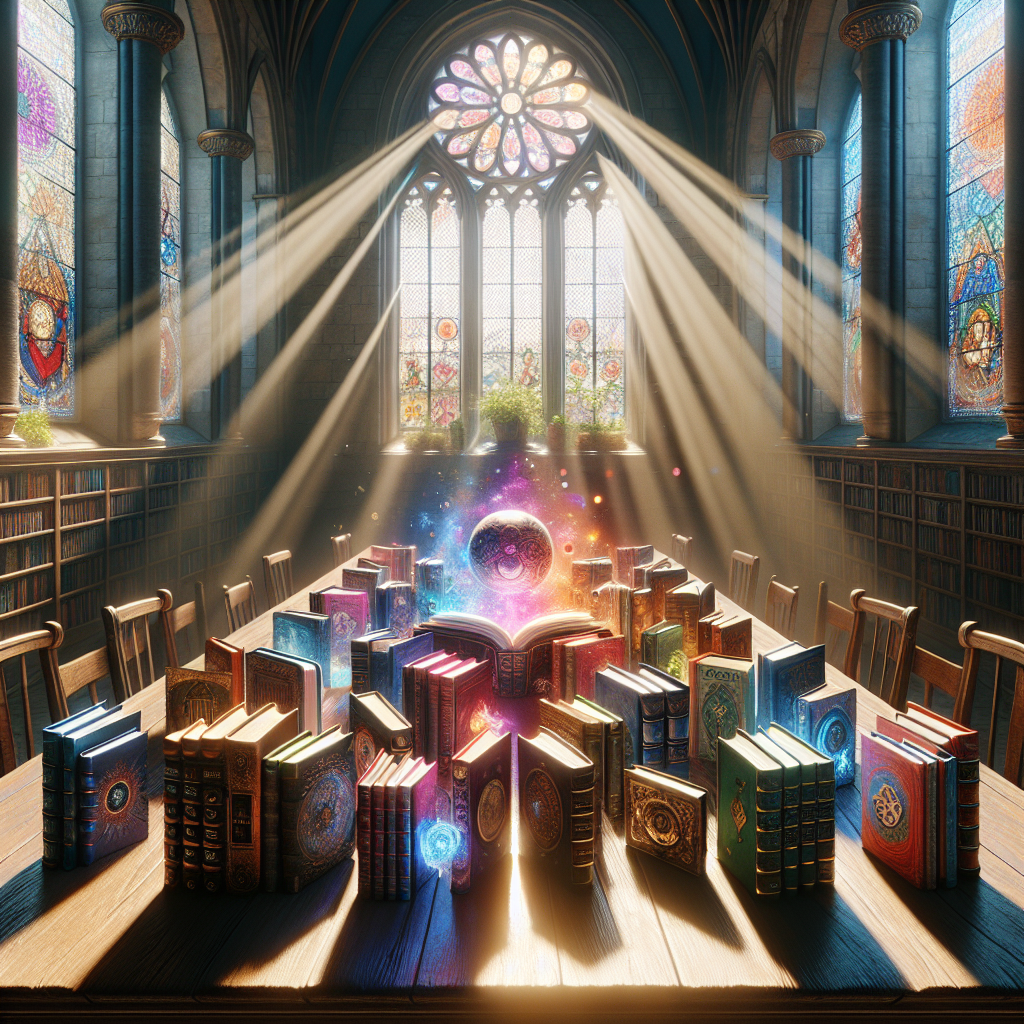As an Amazon Associate I earn from qualifying purchases.
25 Novels That Will Change Your Perspective

Books have the profound ability to transport us to different worlds, introduce us to new ideas, and challenge our perceptions. Among the myriad of genres, novels, in particular, hold a special place for their narrative depth and character development, offering readers a chance to walk in someone else's shoes. This article explores 25 novels that promise not just to entertain but to change your perspective on life, society, and perhaps, even yourself.
The Power of Perspective-Altering Novels
Before diving into the list, it's essential to understand why certain novels have a lasting impact on us. These books often tackle universal themes, present complex moral dilemmas, or introduce us to characters and societies vastly different from our own. They challenge our biases, broaden our understanding of the world, and inspire empathy and critical thinking. Whether it's through the exploration of dystopian futures, the unraveling of historical injustices, or the intimate portrayal of personal growth, these novels leave a mark on our consciousness, urging us to see the world through a broader lens.
25 Novels That Will Broaden Your Horizons
Here is a curated list of 25 novels that are renowned for their ability to alter perspectives and provoke thought. This selection spans genres, eras, and cultures, reflecting the diverse ways in which literature can enlighten and transform.
- To Kill a Mockingbird by Harper Lee – A powerful exploration of racial injustice in the American South, seen through the eyes of a child.
- 1984 by George Orwell – A dystopian novel that delves into the dangers of totalitarianism, surveillance, and loss of individuality.
- The Catcher in the Rye by J.D. Salinger – A coming-of-age story that captures the angst and alienation of adolescence.
- Brave New World by Aldous Huxley – Presents a future society obsessed with efficiency and conformity, raising questions about freedom and happiness.
- The Kite Runner by Khaled Hosseini – A poignant tale of friendship, betrayal, and redemption set against the backdrop of Afghanistan's recent history.
- Beloved by Toni Morrison – A haunting narrative of slavery and its lasting impact on individuals and families.
- Life of Pi by Yann Martel – A philosophical story about survival, faith, and the power of storytelling.
- The Handmaid's Tale by Margaret Atwood – A feminist dystopia that examines issues of gender, power, and resistance.
- Sapiens: A Brief History of Humankind by Yuval Noah Harari – Though not a novel, this book offers a compelling narrative of human history that challenges our understanding of ourselves.
- The Alchemist by Paulo Coelho – A fable about following one's dreams and listening to one's heart.
- Frankenstein by Mary Shelley – Explores themes of ambition, responsibility, and the quest for knowledge.
- The Road by Cormac McCarthy – A post-apocalyptic novel that examines the depths of despair and the bonds of love.
- Invisible Man by Ralph Ellison – Addresses the social and intellectual issues facing African Americans in the early 20th century.
- A Thousand Splendid Suns by Khaled Hosseini – Highlights the struggles and resilience of two Afghan women over decades of conflict.
- Crime and Punishment by Fyodor Dostoevsky – A psychological exploration of guilt, redemption, and the morality of crime.
- One Hundred Years of Solitude by Gabriel García Márquez – A magical realist epic that chronicles the rise and fall of a fictional town and its founding family.
- The Great Gatsby by F. Scott Fitzgerald – A critique of the American Dream through the tragic story of Jay Gatsby.
- Les Misérables by Victor Hugo – A sweeping tale of love, injustice, and redemption in 19th-century France.
- The Lord of the Rings by J.R.R. Tolkien – While primarily a fantasy saga, it offers profound insights into power, bravery, and sacrifice.
- Animal Farm by George Orwell – A satirical allegory on the corrupting influence of power and the cyclical nature of history.
- Jane Eyre by Charlotte Brontë – A novel that challenges social norms and the status of women in the 19th century.
- The Color Purple by Alice Walker – An epistolary novel exploring the lives of African American women in the early 20th century South.
- The Bell Jar by Sylvia Plath – A semi-autobiographical novel about a young woman's mental illness and societal pressures.
- Moby-Dick by Herman Melville – A complex narrative that delves into obsession, revenge, and the human condition.
- Siddhartha by Hermann Hesse – Follows the spiritual journey of a man living in the time of the Buddha.
Conclusion: The Transformative Power of Reading
The novels listed above are more than just stories; they are windows into different experiences and ideas. By challenging our preconceptions and exposing us to new ways of thinking, these books have the power to change us. They remind us of the complexity of human nature, the vastness of our world, and the interconnectedness of our lives. Whether it's through the struggle for survival in a dystopian future, the quest for identity in a complex society, or the pursuit of love and meaning in difficult circumstances, these novels encourage us to reflect on our values, beliefs, and the very essence of what it means to be human. In doing so, they not only change our perspective but can also inspire us to change the world around us.
As you embark on your reading journey with these 25 novels, approach them with an open mind and heart. Let them challenge you, move you, and ultimately, transform your understanding of the world. The power of a great book lies not just in its ability to entertain, but in its capacity to enlighten, and these novels promise to do just that.
Amazon and the Amazon logo are trademarks of Amazon.com, Inc, or its affiliates.






















































